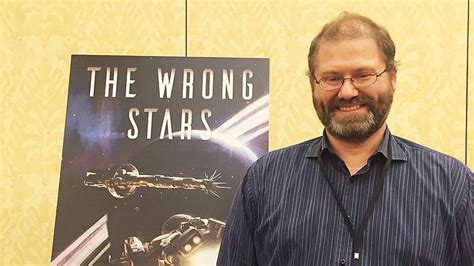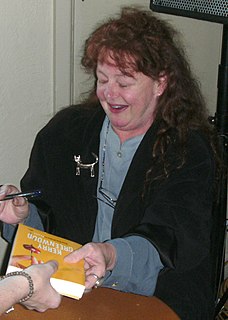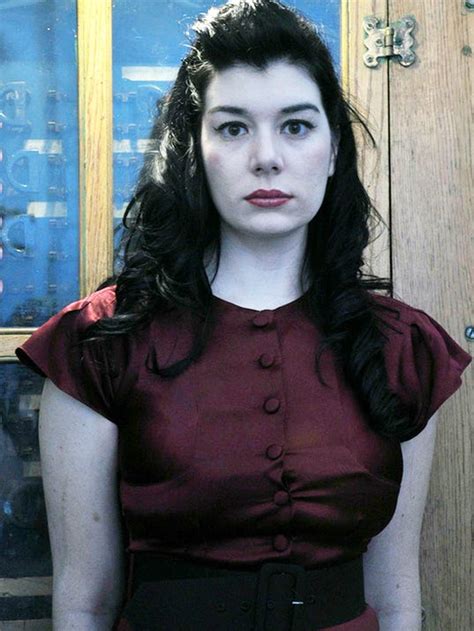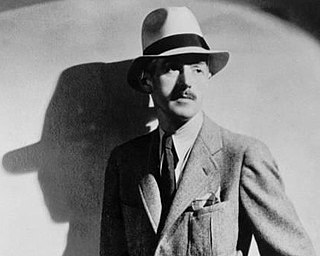A Quote by Patrick Modiano
I've always had the wish, the nostalgia to be able to write detective novels. At heart, the principal themes of detective novels are close to the things that obsess me: disappearance, the problems of identity, amnesia, the return to an enigmatic past.
Related Quotes
I often use detective elements in my books. I love detective novels. But I also think science fiction and detective stories are very close and friendly genres, which shows in the books by Isaac Asimov, John Brunner, and Glen Cook. However, whilst even a tiny drop of science fiction may harm a detective story, a little detective element benefits science fiction. Such a strange puzzle.
I read a lot of detective stories because they always deliver. They give you a beginning, a middle, and an end - a resolution. The modern novels I read don't always deliver because I'm looking essentially for a story. As in Shakespeare, "The play's the thing." In particular I read detective stories for pacing, plot and suspense.
What I try to do is write a story about a detective rather than a detective story. Keeping the reader fooled until the last, possible moment is a good trick and I usually try to play it, but I can't attach more than secondary importance to it. The puzzle isn't so interesting to me as the behavior of the detective attacking it.







































